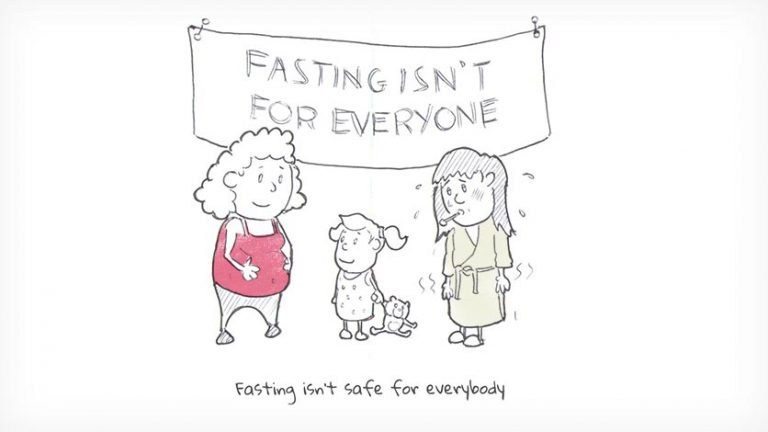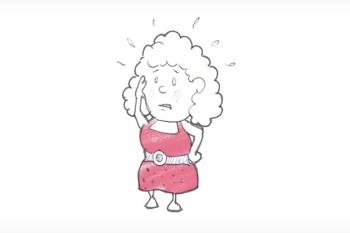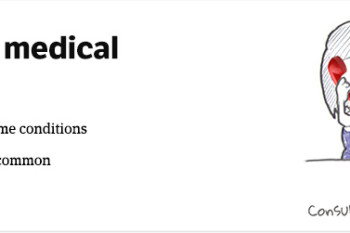Should I fast? Is fasting safe for me?
The vast majority of people find fasting – whether they follow the 5:2 diet or another form of intermittent fasting – is a great way to improve their health and lose weight, but of course there are some for whom fasting is not recommended. For example, because fasting affects hormones that control growth, children, teenagers and pregnant or breast-feeding women or people recovering from surgery should not fast.
In particular, intermittent fasting is not recommended for:
-
Children and teenagers who are still growing
-
Women who are pregnant
-
Women who are breast-feeding
-
People who are recovering from surgery
-
People with eating disorders
-
People with diabetes controlled by insulin
-
People who are underweight.
If you are taking certain medications or have certain medical conditions, you should check with your doctor first:
-
If you are taking warfarin
-
If you have any condition that results in a weakened immune system
-
If you are taking prescription medicines that must be taken with food.
Also, there are times when you should consider pausing your fasting schedule:
-
When you are unwell or have fever
-
If you are highly stressed
If in doubt, consult your doctor.
Learn more about when to take a break from fasting
Fasting for too long
Fasting is one of the most powerful things you can do to improve your health. However, there are ways of fasting that are not so healthy. Any fast that involves no or minimal calories for 5 days or more risks causing ‘refeeding syndrome.’ Refeeding syndrome usually occurs within four days of resuming eating. Refeeding syndrome cause nerve, lung, heart and muscle problems and can even be fatal if not recognized and treated early. For this reason FastDay does not endorse fasting for more than 36 hours with no calories or 3 days consecutively with very low calories.














